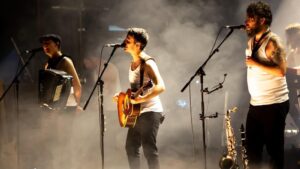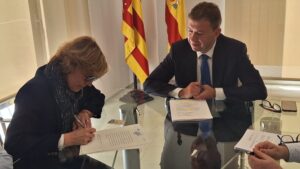The Year in Review – Part 2: Confined to Barracks
A look back at an extraordinary year that has been 2020.
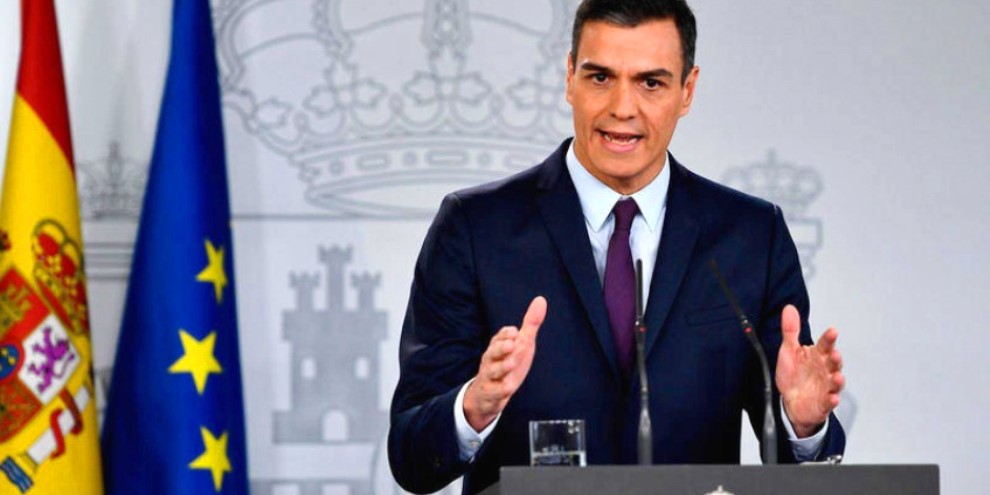
Author: MIKE SMITH
April 2020
April opened with the depressing news that Spain had passed the 100,000 mark in confirmed infections and it had become clear that we were all in this for the long term.
As the lockdown was officially extended to the end of April, Prime Minister Pedro Sánchez informed the nation that “we believe it is the time that our health system needs to recover. We have taken very strict but indispensable measures. We need to maintain them,” adding that coming out of lockdown too soon could “lead to a second wave [of infections] when our resistance is at its lowest”.
However, when announcing a further extension into May, the prime minister announced that children under 14 would be allowed to leave their homes “under controlled circumstances” and a few days later, he gave notice that adults might be able to go out for exercise and walks as well from the beginning of May: “If we act with prudence, this first relief measure will be followed by another one a week later. If the evolution of the pandemic keeps moving in a positive manner, starting on May 2nd outings will be allowed for individual activity and for walks with the people that we live with.”
At the end of the month, the Spanish government revealed its four-phase plan for de-escalation with regions passing through the phases at different times. depending on the evolution of the health situation in them. A cautious Prime Minister Sanchez said that: “By the end of June, as a country we will be in a new normality if the evolution of the epidemic is under control in all territories.” However, he concluded with a warning. “The virus has not gone anywhere. It is still lurking,” calling on citizens to show responsibility to help save lives and rebuild the country.
In Xàbia, the Fogueres Commission confirmed that the Sant Joan festivities, arguably the biggest party of the year in the town which take place in June, would be postponed until October, taking advantage of the long ‘puente’ weekend bookmarked by the Valencian Day and the National Fiesta; a few days later, the Council confirmed that April’s local bank holiday would also be moved to October. However, a few days later, the organizing commission of the Moors & Christians confirmed that July’s festivities would be cancelled entirely and a domino effect gathered pace as major summer events were axed as well as the 2020 edition of Living Chess.
- The police in Xàbia issued 70 warnings in three days to those who refused to comply with the confinement requirements.
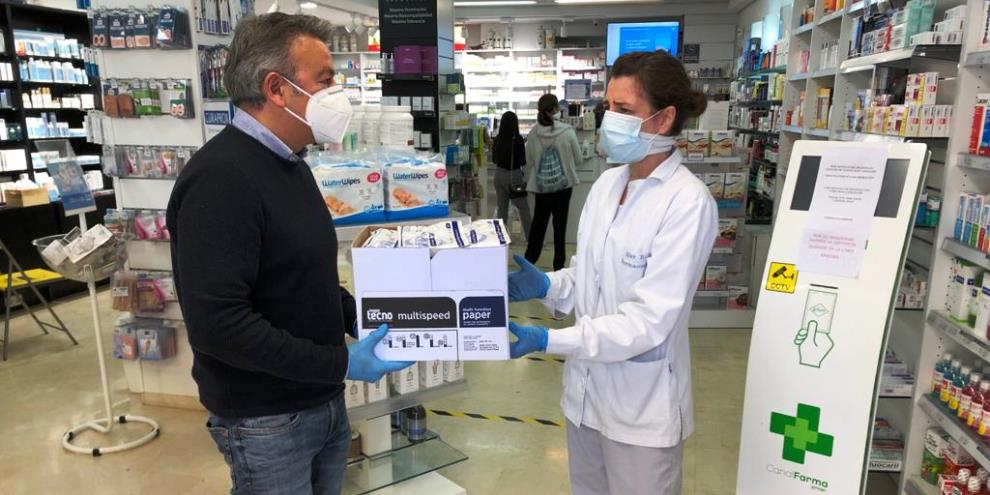
- Dutch charity ‘Dare to Take Care’ donated 10,000 protective face masks to Xàbia, half of which were given to the 14 pharmacies in the town, some handed to the Fishermen’s Guild, since the fishing boats were once again heading out to sea to provide the town with fresh fish, whilst the rest donated to the Cruz Roja, Cáritas and other associations supporting the public.
- Renovation work began on the historic church of San Bartolomé, focusing particularly on the roof which has suffered from leaks for many years but also looking at the poor state of the spiral staircase of the bell tower.
May 2020
Time slots. The buzz words of spring 2020 in Spain. On May 2nd, adults and young people were allowed to leave their homes for a period of physical activity and walks but only within certain time slots, only once a day, and only within a kilometre of their homes. People grasped the opportunity to leave the house in droves; for example, the first day saw a normally quiet riverside walk packed with friends and families briefly escaping their confinement.
As the phased de-escalation began across Spain, the Government announced that travellers arriving from outside of the country would have to self-isolate for 14 days as the air and sea borders were opened again but with limitations.
On May 11th, Xàbia moved into Phase 1. Bars and restaurants were allowed to open their outside terraces to the public with capacity restrictions set to 50% and safety distances maintained between tables. Small shops could open with similar restrictions whilst the Thursday market returned but only for food and staple products and with controlled access.
On May 21st, it became mandatory for people to wear face masks in public spaces in Spain as Prime Minister Pedro Sánchez confirmed that the ‘state of alarm’ would be extended for a fifth time to June 9th. “The state of alarm and the de-escalation are working. The state of alarm will not last one day longer than necessary. Nobody has the right to throw away what we have all achieved together”.
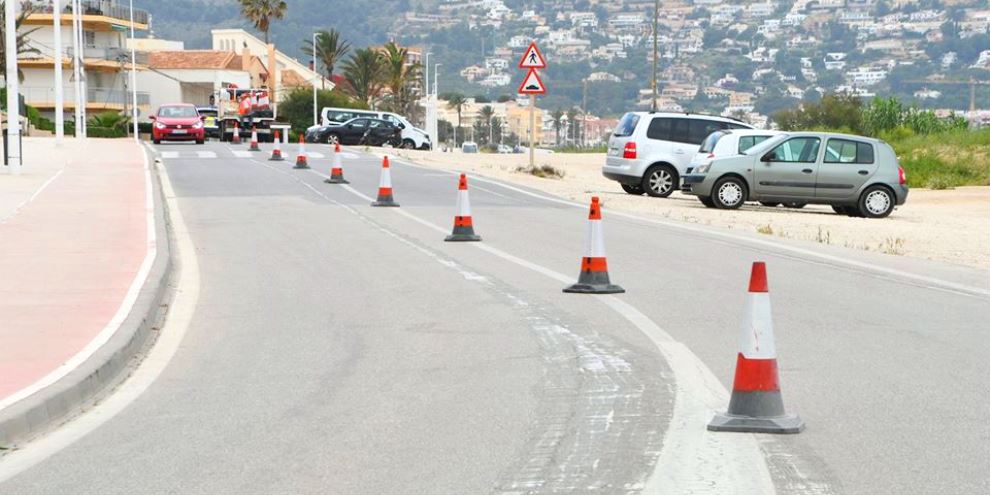
In Xàbia, the coast road between the port and the Arenal becomes one-way to vehicles to provide increased space for pedestrians and those who practice sport so that the recommended social distancing can be maintained. It doesn’t go down well with everyone, especially after parking was prohibited. The local police would start to issue fines in early June.
- AMJASA allocated a million euros to assist those affected by the health crisis whilst 850 requests for emergency aid were processed in Xàbia in 50 days. At an extraordinary plenary session of the Council, an aid package worth some 6 million euros for an economic and social recovery plan was unanimously approved.
- Xàbia Council suspended the terrace tax charged to bars and restaurants in order to boost recovery of the hospitality sector. The roads around the Municipal Market building – commonly known as the ‘indoor market’ – were closed to traffic whilst other areas were also pedestrianized to help with social distancing measures.
- The organizing commission of the Loreto port fiesta confirmed that the festivities in September were cancelled for 2020.
- Regional football was officially cancelled for the rest of the season. CD Jávea would be placed 5th in the final league table. However, preparations began in earnest for the 2020/21 season, despite no confirmation of when it would start and how it would be played, with the club confirming Diego Miñana as the new head coach.
- As the ‘new normal’ approached, the Council began carrying out intensive cleaning and maintenance work in the town’s public spaces as it launched an early marketing campaign on social media networks Instagram and Facebook to promote Xàbia as a premier destination to visit when general movement was allowed again.
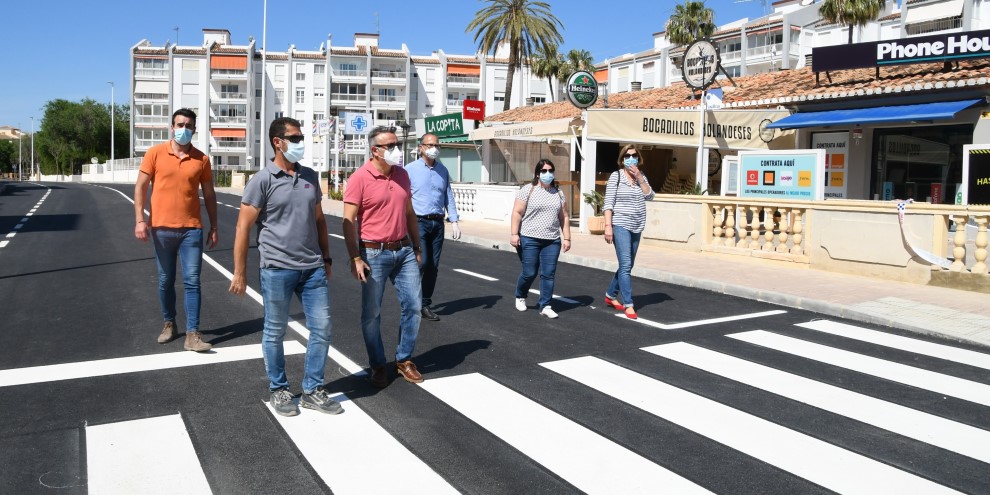
- Avenida dels Furs, a vital access route into the port zone, finally re-opened after extensive renovation work which included the repair of the pavements, the replacement of the drainage network, renewal of street-lighting, replacement of trees and the re-surfacing of the road, a project which has considerably improved image and safety, especially for pedestrians.
June 2020
On June 1st, Xàbia moved into Phase II and the town’s beaches were re-opened, albeit under strict control to ensure that maximum capacities set by the health authorities were not exceeded.
On June 10th, the Spanish Government confirmed by Royal Decree that it would be mandatory to wear face masks in public spaces, both open and closed, for the foreseeable future with spokesperson María Jesús Montero warning that: “Every one of us is key in this pandemic. We cannot let our guard down. Until we have a vaccine, we have to maintain the precautions. We cannot act lightly, thinking that everything is over and we are safe.”
On June 15th, Xàbia entered Phase III, the final step in the national de-escalation plan, and a whole raft of restrictions were eased or even lifted altogether but maintaining certain safety measures in place, such as social distancing and hygiene requirements. Bars and restaurants began to feel normal again as friends met up for drinks, diners enjoyed some great food, and the late night bars began to fill with the latest beats; for the latter, the return of the ‘good times’ wouldn’t last long.
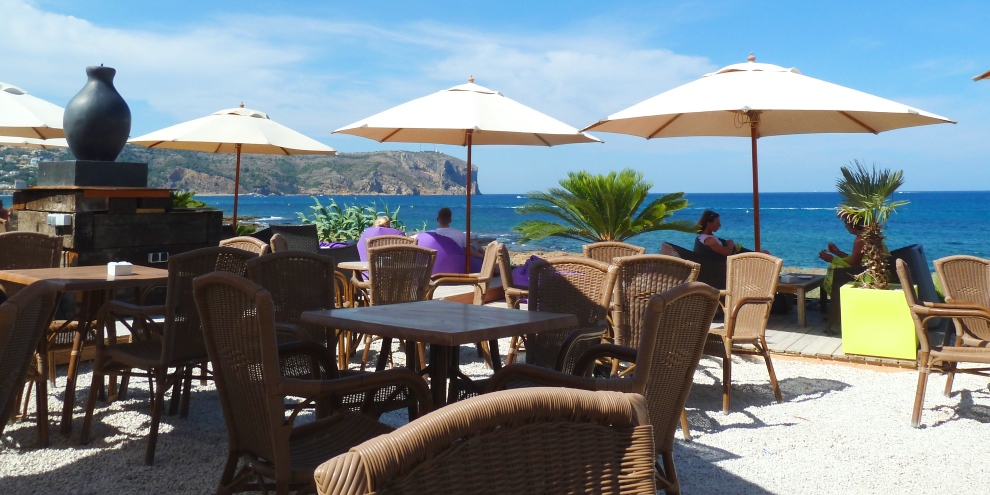
On June 21st, the first day of the ‘New Normal’, Spain re-opened its borders to all EU and Schengen Area countries – with the exception of Portugal who had asked for more time – and lifted the requirement for arrivals to self-isolate for 14 days, although those arriving by air will be required to fill out a special form as part of the track-and-trace policy.
- Work finally began on the renovation of pavements and service networks along a section of Avenida Juan Carlos I, the main road which links the old town to the port, a project valued at some 119,900 euros.
- AMJASA approved a measure to support its customers affected by the COVID-19 health crisis by suspending payment of water bills for the March-April and May-June periods until 31 December for all subscribers regardless of their financial situation.
- Xàbia Town Council re-opened council offices in a limited capacity with an appointment system in place to reduce the risk of infection from COVID-19 as well as cut waiting times to avoid the gathering of people in enclosed spaces.
- The tourist train would start rolling again and, for the first time, it would be visiting the historic centre as well as the port and Arenal zones to meet the demands from the business associations to improve movement between the three urban centres of Xàbia.
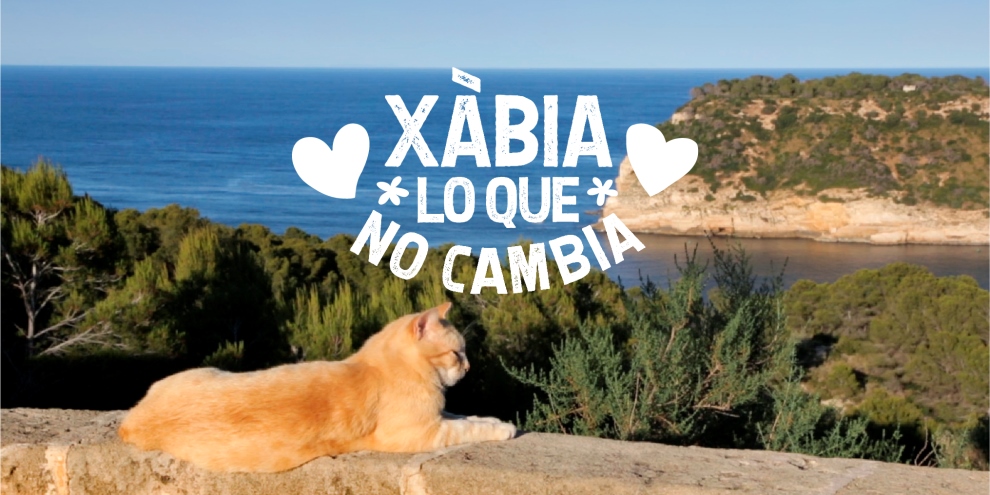
- The second step of the town’s tourist campaign moved into top gear, entitled ‘Xàbia, Lo Que No Cambia’, which highlighted the traditional values which have stood the town apart as a unique and different tourist destination, some of which had remained intact despite the crisis of the COVID-19 pandemic.
- The project to replace the old damaged Triana Bridge took a new step when two large beams that would form the new structure arrived in a complicated but expertly executed manoeuvre.
- The uncertainty of the evolution of the COVID-19 health crisis forced Xàbia Council to cancel all events that could involve crowds, amongst them being all the fiestas that are celebrated in the town. The Fogueres de Sant Joan, re-scheduled for October, was officially cancelled.
- During the first weekend of the ‘New Normal’ after the Spanish Government lifted three months of lockdown, the Policía Local in Xàbia issued more than 250 fines to drivers who had left their vehicles badly parked along the access roads into the popular beach coves of Portitxol/Barraca and Granadella.
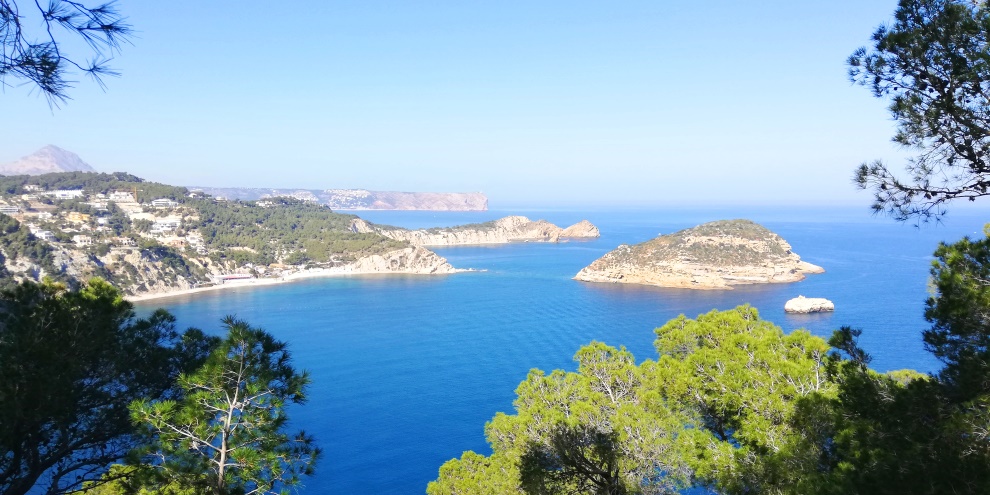
As the temperatures lifted and the summertime feeling touched us, there was optimism that life would return to some sort of normality pretty soon. However, the virus had other ideas. To mangle the words of H G Wells: it regarded us with envious eyes, and slowly, and surely drew its plans against us.

